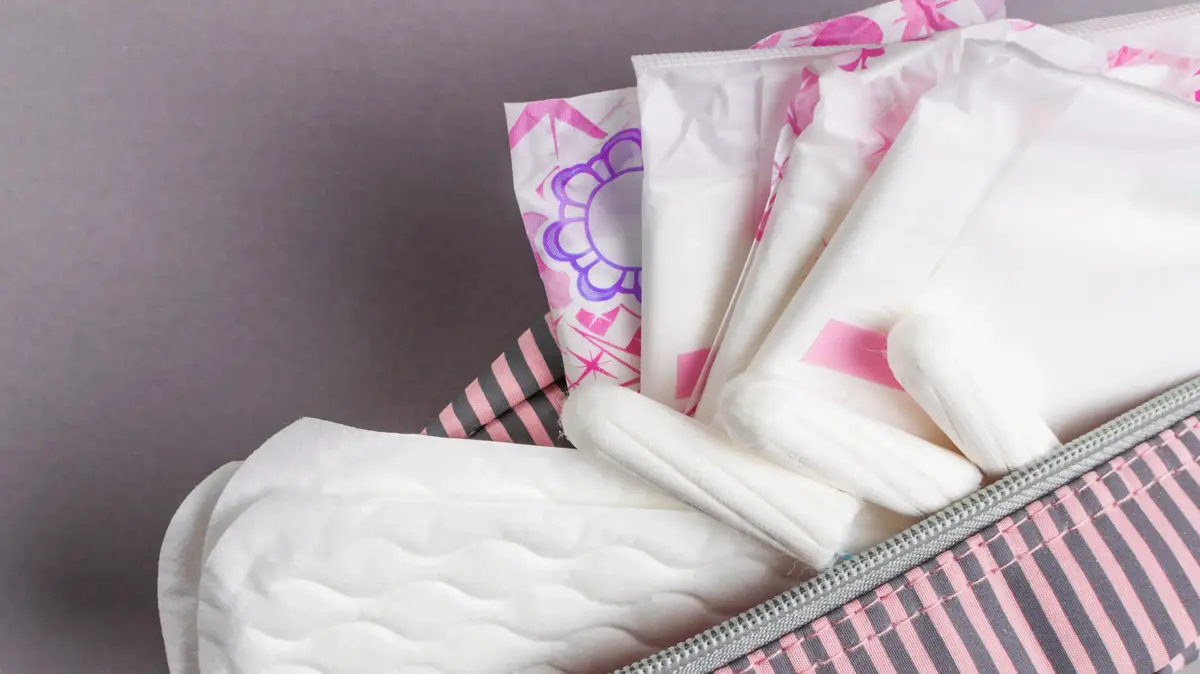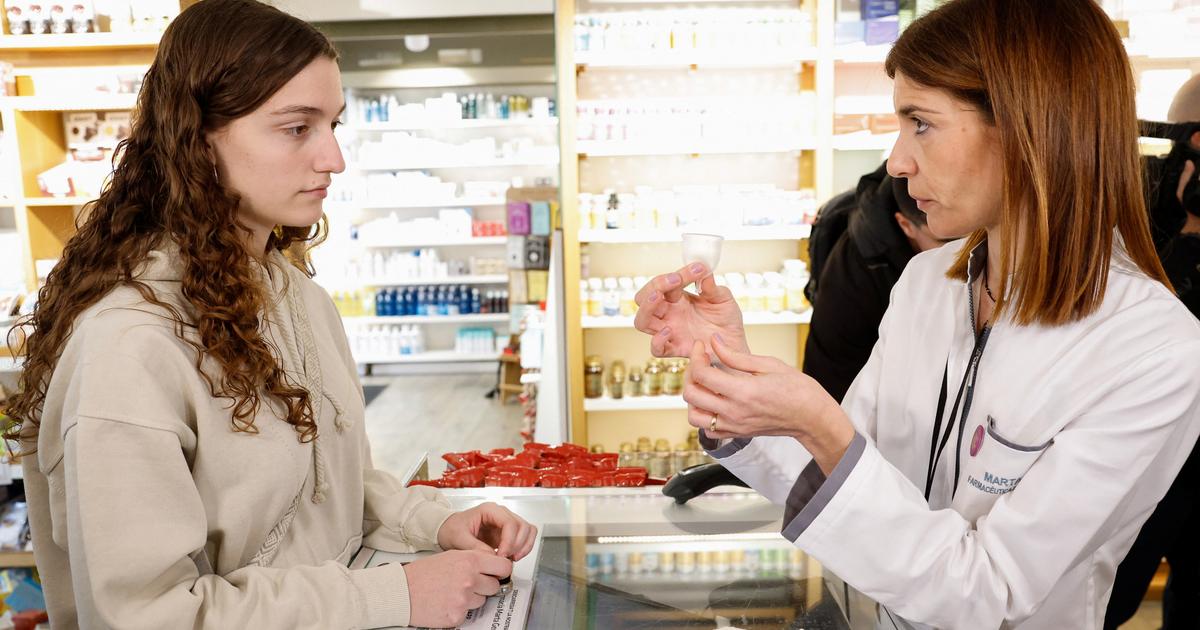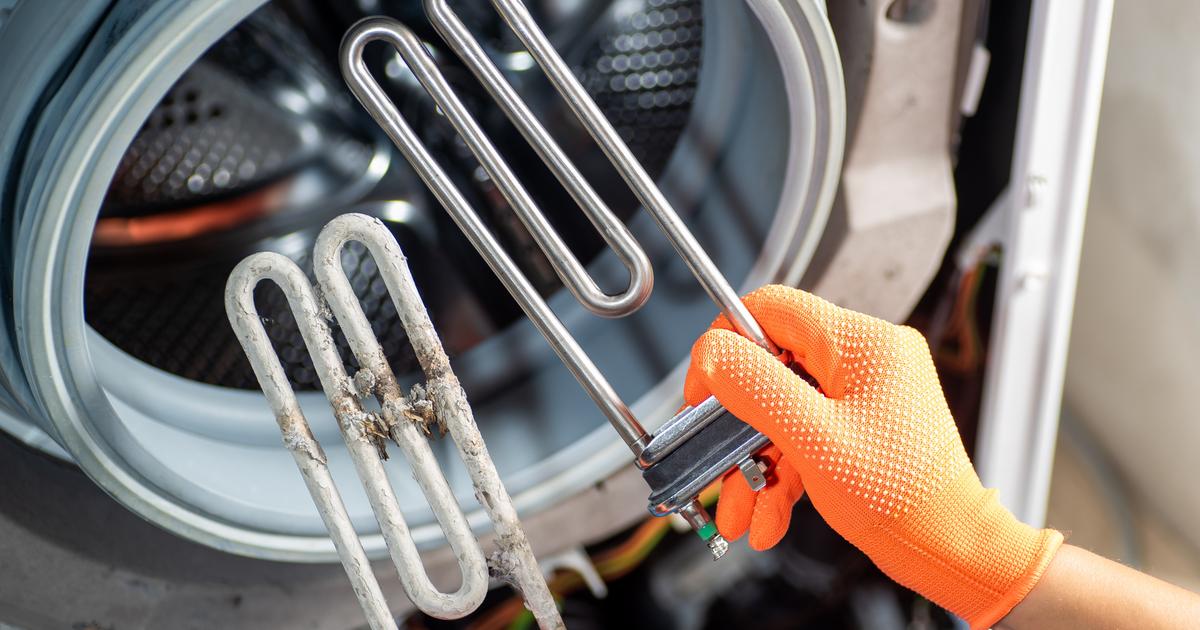Are sanitary napkins harmful to our health?
cup?
Menstrual underwear?
Reusable bandages?
Awareness of the health and environmental harms of feminine hygiene products is increasing, and with it the market for organic and reusable substitutes.
Here's what you need to know
Voila system!
health
10/23/2022
Sunday, October 23, 2022, 07:19 Updated: 11:26
Share on Facebook
Share on WhatsApp
Share on Twitter
Share by email
Share in general
Comments
Comments
Gynecologist explains about the danger of a lower shield (@anniedeliversmd)
Women use feminine hygiene products from the moment they first get their periods and throughout most of their lives.
Tampons, petticoats, intimate wash liquids, sanitary napkins and tampons - all of these are meant to do us good, but is it possible that these very products could harm us?
Lots of women use panty liners (panties) on a regular basis, thinking that they help them stay clean.
However, experts warn that bottom protectors can irritate the sensitive skin of the vulva - the outer part of the female genital organ.
This is especially true if it comes to scented bottom protectors that can not only create a humid environment, but irritate - just like perfume - the delicate skin if they sit there all day.
Bottom protectors can cause redness, itching, and even pain to one of the most vulnerable areas.
Pads and tampons have also received very negative public relations in recent years, for exactly the same reasons.
Most feminine hygiene products are bleached with chlorine, consist of chemically treated synthetic materials, contain perfume, plastic, petrochemical absorbent components and more.
When all these substances come into contact in the most intimate area of our body, irritation and burning may occur during the menstrual cycle, and also in the days after.
More in Walla!
The Holy Grail: What is a Grail and why is everyone talking about it?
To the full article
Pads and tampons come in direct contact with the vagina and vulva, so prolonged exposure to the chemicals in them can cause health problems.
The bleaching agents in these products are meant to give a feeling of cleanliness, but may contain harmful substances, and even the cotton they are made from may contain pesticide residues.
Studies have reported cases in which women suffered from allergic reactions after using sanitary napkins, including irritation and allergic rashes in the vaginal area.
The complainants reported that they suffered for many months before the doctors diagnosed that the bandages were the source of the problem.
This is one of the reasons that in recent years we hear more and more about natural feminine hygiene.
Among the natural alternatives that exist today, you can find period underwear, organic cotton tampons, organic cotton bandages, medical silicone cups and organic cotton bottom protectors.
"Natural feminine hygiene refers to all those more traditional and less traditional hygiene products whose purpose is to provide a natural solution that is a worthy alternative to the common products on the market, both in terms of compatibility with the woman's body and in terms of protecting the environment," explains Sharona Romano Lazar, one of the owners of the company Organicazon, which imports and markets natural hygiene products.
Far too many unhealthy things that should not be adjacent to the most intimate area.
Pads and tampons (Photo: ShutterStock)
Tampons, bandages and bottom protectors made of organic cotton:
today you can find products made of 100 percent organic cotton.
In a clinical study they conducted at Organiczone, they found that 99 percent of the women who changed their regular feminine hygiene products to products made from 100% organic cotton, testified to recovery from irritation, itching and secretions that accompanied them until now.
However, it is important to know that these products are usually more expensive than the less natural alternative.
Menstrual underwear, bandages and reusable undergarments:
Menstrual underwear, bandages and reusable undergarments provide an excellent and reusable answer to common products, when they are made of cotton fabric.
The disadvantage for most women is dealing with laundry and having to deal a lot with cleaning the products.
Cups
: The cup is considered the most ecological solution among the alternatives.
They are made of hypoallergenic medical silicone and are a substitute for disposable tampons.
However, it is important to pay attention to which cup you are purchasing.
Today there are quite a few cups on the market that were made in China, and they are very cheap but consist of cheap plastic and many chemicals.
In addition, if you use an intrauterine device, you should first consult with your gynecologist, since the two bodies can interfere with each other.
For health, but also for the environment
Every year, over 45 billion feminine hygiene products are thrown away around the world.
12 thousand units of feminine hygiene are thrown into the trash during one woman's fertile life, and the waste resulting from the use of non-natural and non-biodegradable products pollutes the planet.
The new products on the market reduce the use of these materials (by using a menstrual cup or underwear, for example) or allow you to choose a biodegradable option that is less harmful to the environment.
health
my health
Pharmacy
Tags
Tampons
cycle
Menses
Feminine hygiene














/cloudfront-eu-central-1.images.arcpublishing.com/prisa/IGZ7GOCXZ5GUPAQ2HWGK6Z76BU.jpg)